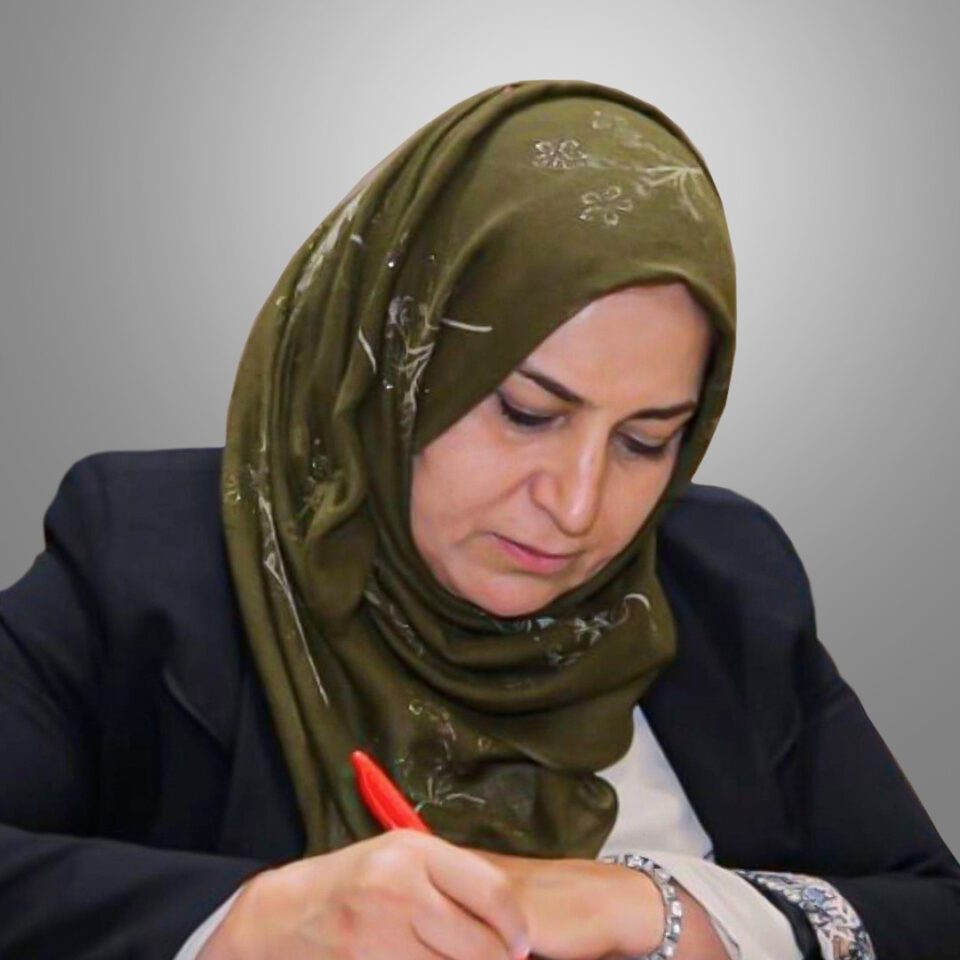By | Dr. Nazaket Hussen
The Kurdistan Referendum represents a defining moment in the struggle for self-determination
The decision to hold the Kurdistan People’s Referendum on Independence on September 25, 2017, marked a pivotal moment in the long-standing struggle of the Kurdish people. With 4.561 million individuals eligible to vote in the Kurdistan Region, the referendum drew significant participation, with 3,305,925 casting their votes—a remarkable turnout of over 72%. Among them, 2,861,471 voiced their support for an independent Kurdistan, underscoring a collective aspiration for self-determination.
This referendum was not merely a local event; it resonated deeply with Kurdish communities both within the Kurdistan Region and beyond its borders. Rooted in the internationally recognized principle of self-determination, the vote represented the Kurdish people’s inherent right to decide their own future. The distinct characteristics of the Kurdish identity—encompassing soil, culture, history, and heritage—bolstered their claim to autonomy and self-governance.
The decision to hold the referendum was a legal right, especially given the historical context. Since the establishment of the State of Iraq, the Kurdish people have fought tirelessly to assert their rights and coexist peacefully with other Iraqi groups. Despite numerous promises from Iraqi authorities—often rendered meaningless through violation and neglect—the Kurdish population has faced a harsh reality. Their legitimate demands for rights have frequently been met with violence, including the horrors of genocide during the Anfal campaign, forced displacement, and the destruction of homes and infrastructure.
In the aftermath of the referendum, the situation grew increasingly tense. Following the vote, Kirkuk and other Kurdish regions were subjected to attacks by Iraqi forces. This brutal response led to the martyrdom of several Peshmerga fighters and civilians, the occupation and burning of Kurdish homes, and the displacement of countless individuals seeking refuge in safer areas.
The Kurdistan referendum was a powerful assertion of identity and a call for justice. It highlighted the enduring struggle of a people seeking recognition and the ability to shape their own destiny. As the Kurdish people continue to navigate these turbulent waters, the need for solidarity and support from the international community has never been more crucial. The path toward self-determination is fraught with challenges, but the courage and resilience of the Kurdish people remain a testament to their unwavering commitment to freedom and justice.

